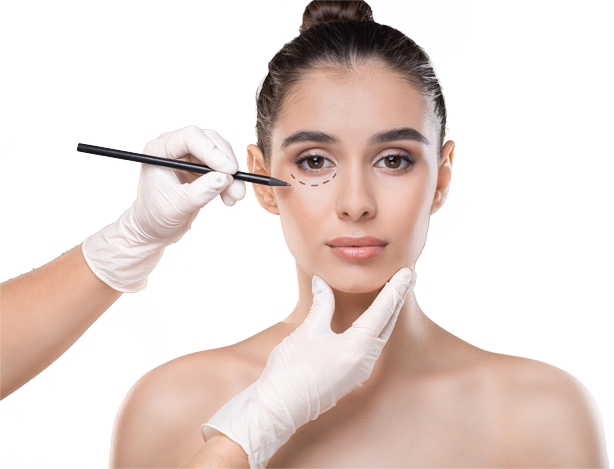Acne vulgaris treatment
Acne vulgaris of mild, moderate, and severe category are the most common skin disorder witnessed during the adolescence stage. Different types of treatment like topical treatment, oral medication, and other therapies available for desired treatments.
Topical treatment includes chemicals like benzoyl peroxide, salicylic acid, nicotine, or retinoids in cream, gel, and lotion formulations. These chemicals reduce the sebaceous gland activity, release the clogs of sebaceous gland, and prevent the formation of new acne lesions.
Oral medications include oral antibiotics and oral retinoids. Oral antibiotics kill the bacteria and reduce the inflammation, and are considered for mild to moderate types of acne. Oral retinoids like isotretinoin, are considered for moderate to severe types of acne vulgaris. Isotretinoin reduces the oil production in the skin, removes the clog in the sebaceous gland, and is very effective in recalcitrant acne
Acne vulgaris treatment
Light therapy, chemical peels, or extraction of acne lesions are other treatments that are recommended for acne vulgaris treatment.
- In light therapy, a specific wavelength of light is targeted for reducing the inflammation and kill the bacteria in the sebaceous gland.
- In a chemical peel, a chemical solution is applied for exfoliating the top layers of the skin and reduce the appearance of acne lesions.
- Extraction of acne lesions where a sterile instrument is used for removing the acne lesion contents.
Apart from medicated acne treatment, self-care skin care also helps in acne treatment like – using oil-less moisturizers, gentlewash of the face, and sunscreen application. Healthcare providers recommend the appropriate treatment considering the skin type, lifestyle, eating habits, and acne severity and also inform the risk and benefits too.
Faq
Frequently Asked Questions
A. The time taken by acne treatment to show up visible treatment outcomes varies as it depends upon the treatment undertaken. Mild acne gets cleared up in a few weeks whereas moderate to severe type of acne takes a few months to clear up. A well informed and participative treatment fetches better results.
A. Yes. Over-the-counter acne treatment creams have been found effective in treating acne vulgaris of mild nature whereas the moderate to severe forms of acne vulgaris need the appropriate personalized prescription medications approach. One should follow the instruction on the over-the-counter acne products and follow self-care for skincare approach too for getting desired treatment outcome.
A. Yes. Different types of acne vulgaris treatment cause different types of side effects. Topical treatment can cause skin dryness or irritation, and peeling whereas oral medication can cause stomach upset, dizziness, or fluctuations in blood pressure. Healthcare provider will select the appropriate treatment and will also discuss the treatment’s probable side effect.
A. Multiple factors influence the development of acne vulgaris, hence treatment of causative factors is as important as treating acne vulgaris. One can treat acne in multiple ways including self-care for skin care approach and need to follow the maintenance treatment to keep up the treatment outcome for a long time.
A. Some studies found that diet does play a vital role in the development of acne vulgaris, specifically a diet high in refined carbohydrates and dairy products. However, we will need more clarity on the direct connection between diet and acne vulgaris. One should indulge in a healthy and nutritious diet for healthy skin and life.






